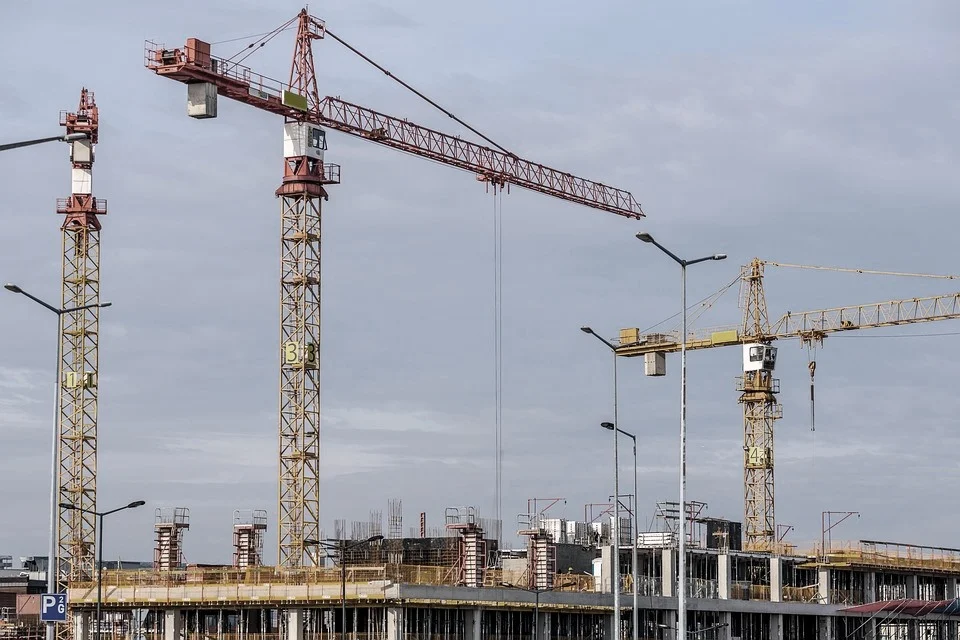
Security of Payment Adjudications: Supreme Court highlights the importance of an adjudicator providing cogent reasoning for a determination
Published on December 19, 2016
A recent decision by his Honour Justice McDougall emphasises that where an Adjudicator in an adjudication under the Building and Construction Industry Security of Payment Act 1999 (NSW) (“SOPA”) doesn’t provide a reasoned analysis supporting a valuation of construction works, the determination may be declared void for a jurisdictional error.
Although not ultimately decided there was an interesting discourse by his Honour on whether if a determination is quashed for jurisdictional error it should be remitted back to the Adjudicator. The indications from his Honour are that the Court may not remit such matters back to an Adjudicator, which may give parties appealing Adjudications some pause for thought before embarking upon an appeal.
Richard Crookes Construction Pty Ltd v CES Projects (Aust) Pty Ltd (No. 2)
In the matter of Richard Crookes Construction Pty Ltd v CES Projects (Aust) Pty Ltd (No. 2) [2016] NSWSC 1229 (2 September 2016), Richard Crookes succeeded in having an adjudication determination which was adverse to it declared void.
Facts
Richard Crookes were engaged to construct a residential apartment in Newcastle and in turn subcontracted CES Projects (Aust) to perform fit out works. Richard Crookes issued a payment schedule of negative $235,900 in response to a payment claim from CES Projects (Aust) of $878,600 (exclusive of GST).
The parties found themselves in a SOPA Adjudication during which the Adjudicator didn’t accept the valuation of the works put forward by Richard Crookes. The Adjudicator accepted that there were subcontractors invoices of an amount “well over $500,000” and they went on to conclude that those invoices were sufficient proof that the bulk of the adjudication claim equating to $794,600 was made out.
Decision
McDougall J found that the Adjudicator had made a jurisdictional error in failing to provide any reasoned analysis as to how he arrived at the determination amount and in doing so failed in his statutory duty to value contract works which were the subject of the adjudication application.
Distilling The Essential Functions of an Adjudicator
McDougall J referred to the summary of what was required of an Adjudicator as elucidated by Vickery J in SSC Plenty Road Pty Ltd v Construction Engineering (Aust) Pty Ltd [2015] VSC 631. Although that was a Victorian case there were sufficient similarities between the Victorian SOPA legislation and the NSW SOPA legislation so as to make his Honour’s observations directly applicable to an analysis of the NSW act.
So what are the essential functions of an Adjudicator flowing from Vickery J’s observations? Broadly, they can be broken down into four points.
- To determine and apply what the adjudicator considers to be the true construction of the Act in the light of the current case law.
- To determine and apply what the adjudicator considers to be the true construction of the construction contract.
- At a minimum to made the following critical findings –
- A determination as to whether the construction work the subject of the claim has been performed (or whether the relevant goods and services have been supplied); and
- The value of the work performed (or the value of the goods and services supplied) having regard to the contract terms, contract price, rates or prices, the estimated cost of rectifying defective works
- To make critical findings on the whole of the evidence presented (and not having decided that the respondent’s submissions and material should be disregarded simply adopting the amount claimed by the claimant).
Quashing the Determination And The Issue of Remitting Matter Back To The Adjudicator
Without having filed a cross-summons and cross-claim list statement the solicitor for the subcontractor attempted to persuade McDougall J that if the Court were to grant the relief sought that the matter should be remitted back to the Adjudicator for further consideration.
His Honour was not convinced that it was incumbent upon him to decide that issue in the absence of a cross-summons and cross-claim list statement.
Nevertheless his Honour provided insightful commentary on the issue which highlights that the Court may not be minded to remit a similar matter for consideration by an Adjudicator where the Court has quashed an Adjudicator’s determination on the basis of a jurisdictional error. His Honour looked at three recent decisions in Victoria and NSW where adjudications were remitted to an Adjudicator for further consideration after determinations had been quashed, however, common to all were that a non-jurisdictional error had been made. McDougall J made an observation that as a general principle where a matter is quashed because an inferior court or tribunal lacked jurisdiction there is no point in remitting the matter because the outcome has been determined by the quashing order.
Ultimately, McDougall J did not consider that the matter had been properly argued before him and raised issues which had not been fully explored such as the extent to which remitting the matter to the Adjudicator was consistent with, permitted by, or effective for the purposes of the SOPA.
Summary
In summary Adjudicators that do not provide reasoned analysis for how they reach a finding and merely accept a claimant’s position without a rational assessment of value face their determination being declared to be void for jurisdictional error.
Prior to embarking on an appeal, especially if a claimant is bringing an appeal, parties should give consideration to whether a cogent argument can be put for remitting a matter back to an Adjudicator for further consideration in the event that a determination is quashed. The discussion by McDougall J in this matter indicates that parties may face an uphill battle in persuading the Court that such an order can or should be made.